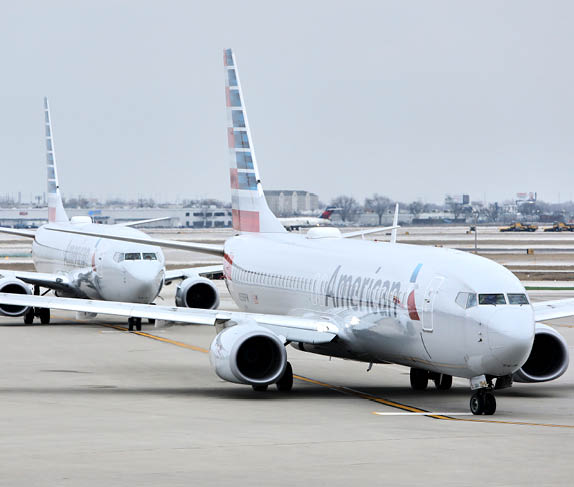Fitch Ratings says in a new report that it expects the rating differential between The Boeing Company (A/Stable) and Airbus Group SE (A-/Stable) to be maintained through the medium term. Despite a convergence of the ratings in recent years, a number of key aspects still separate the two companies' rating profiles and are likely to continue to act as important differentiating factors.
The most important of these is free cash flow (FCF), which at Boeing has been consistently higher over the past decade at US$32bn (compared with US$14bn at Airbus), owing chiefly to the company's better programme implementation and lower investment needs, and despite higher dividend payouts. Fitch expects Airbus' FCF to improve significantly in the coming two to three years, but it is still unlikely to exceed that of Boeing in that period.
Boeing also has a slightly better business profile than Airbus, largely as a consequence of its more diverse revenue split between commercial and defence activities. On other key business variables such as size, market position and geographic and customer diversification, both companies are equally strong and comfortably situated within the 'A' category.
Both companies exhibit strong capital structures for the 'A' category. Leverage, gross and net, have been fairly stable in recent years and is not a key differentiating factor between the two or a significant rating driver. Likewise, liquidity, which is robust at both companies, is also strong. High cash and cash equivalent balances have been a regular feature of both companies' capital structures and underpin their ratings.
Fitch believes that, provided there is no deviation in their respective financial profiles, both Boeing and Airbus are likely to remain among the highest rated entities in the sector by virtue of their strong market positions, scale and technological leadership.

